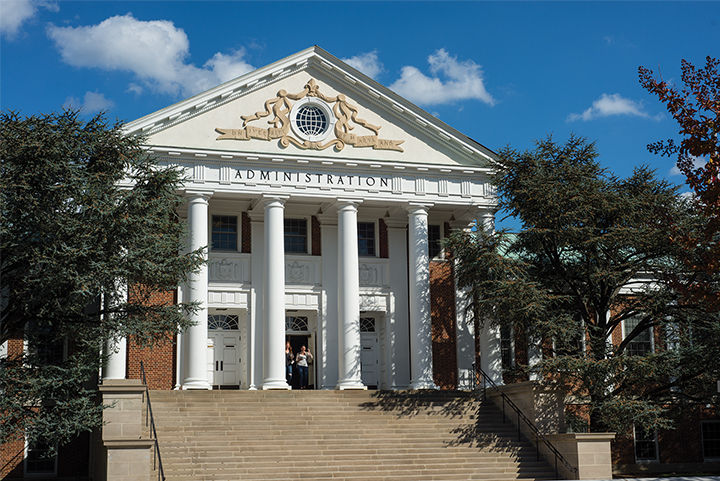The University of Maryland offers its undergraduate students more than 90 majors. That is a lot of choices, but are they still too limiting? Most jobs will require you to know much more than what you learn in your required classes, and most jobs will not fit into the tiny subsets of knowledge that majors often represent.
It is also much more common for millennials to transition between industries than it was for their predecessors. The Atlantic covered a Heartland poll and determined that “while the majority of both younger and older Americans agreed that switching jobs within the same industry was the best bet for success, younger respondents were more likely to say that transitioning between industries in order to start a new career was okay, too.” If that is true, are students being prepared to navigate a wide variety of careers? The same poll says that Americans value innovative solutions over safe alternatives. Groundbreaking ideas require fluid, free-range thinking and inspiration from a variety of sources.
In my experience, a single major is too limiting to sufficiently prepare a student for life after graduation. While some aspects of a major might appeal to a student, other aspects might not. I wanted to study psychology but knew I was not prepared for or interested in the scientific aspect. Furthermore, students are too busy fulfilling irksome major requirements to bother exploring other interests.
Zoe Eisenberg transferred to this university in 2014. Though her major is currently theatre, she is working on designing her own major.
“I wanted to take courses that provided me with the tools necessary for grad school and ultimately to become an expressive arts therapist,” Eisenberg said about her decision. “Classes in psychology, human development, special education and family science would all provide me with the fundamental knowledge I need. Plus, I didn’t want to follow one specific track.”
The structured model of higher education is inefficient when meeting the needs of the modern-day job market or the needs of millennial students. Making your mark requires a unique approach, and maintaining a job means offering something that no one else can. Building a degree could be a unique solution for ambitious students who want to learn as much as they can without the stress of double majors. It could also be helpful for those who cannot pay for schools that offer specialized programs.
In addition to being practical, Eisenberg truly cared about what she was learning. “I wanted to take initiative and learn a bunch of different areas of study,” she said. Despite the challenges of restrictions on classes and choosing which courses would best support her on the path to becoming an expressive arts therapist, she is excited about learning about what interests her and confident that it will prepare her for graduate school.
Choosing a major can feel restrictive and limit growth. Instead of focusing on some final result, designing a degree encourages active academic interests while preparing students for more specific careers.
Emily Shwake is a senior English major. She can be reached at eshwakedbk@gmail.com.



